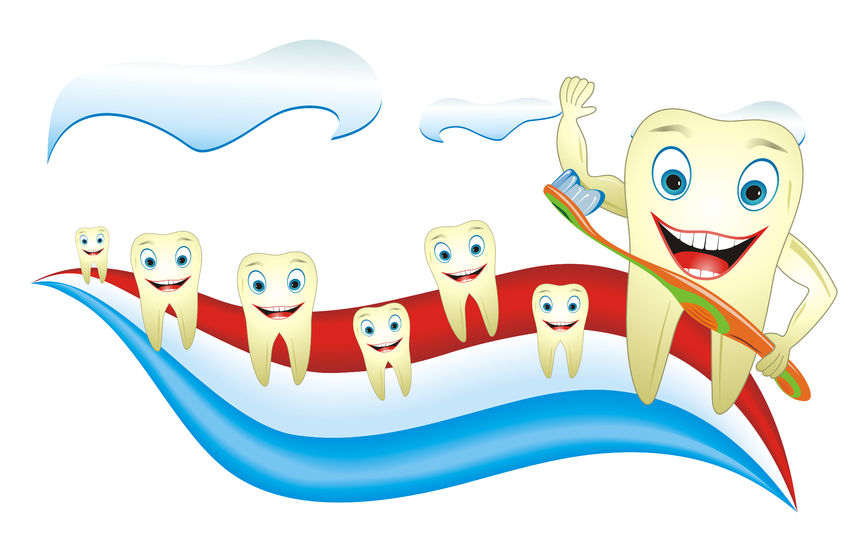
Many articles inform us on how to grow and maintain healthy teeth. Oral health begins during early childhood and includes, besides daily hygiene, adequate nutrition and regular check-ups at your dentist. Fluoride and calcium are two elements extremely important to strengthen your teeth and make them resistant to caries.
Before proceeding with fluoridation, you should talk to your orthodontist Loveland CO professional and find out a few things about this method.
What is fluoride?
A very common element in nature, fluoride can be found drinking water, being also added to food, beverages and products for oral hygiene (toothpaste and mouthwash).
Fluoride helps to actively prevent tooth decay, by infiltrating into dental enamel and making it more resistant to acid attack. Almost 90% of the adults who have had fluoride treatments in their childhood are less likely to have caries. Practically, fluoride helps your teeth be mineralized. It also helps healing vulnerabilities on the surface of the teeth, which, over time, could lead to the apparition of other problems.
When is the right time for a fluoride treatment?
If the child is already 2-3 years old, he/ she can start taking fluoride pills, but only according to the recommendation of the dentist. At the age of 6, it is already too late for this form of treatment, but it does not mean that nothing can be done about fluoridation. The dentist will likely recommend the application of fluorine-based gels, which is a treatment that involves three visits a week to the dentist`s office and must be done twice a year. Each application lasts for a maximum of 10 minutes and the kid is allowed to eat only at least half an hour after the treatment.
For children aged 14 years, fluoridation with gels is no longer relevant. Teenagers and adults may instead use fluorine-based mouthwashes, toothpastes and chewing gums. When choosing such products, you need to check the amount of fluoride: it must not be higher than 0.03% if the product is destined for children, and max. 15% for adults. The action of these fluorine-based products is not efficient unless there is a contact time of at least 15 minutes, so make sure to respect the indications.
Do not increase the amount of fluorine without asking your dentist; its action is beneficial only in very small doses, otherwise it may cause fluorosis (the appearance of gray spots on the teeth enamel). If, in addition to the treatment, fluoride is ingested from other sources, the risk of teeth opacity is almost imminent, not to mention that fluoride in excess may contribute to other health issues. So watch out that dosage!
Children allergic to fluorine must not follow any treatment.
In short, here are the advantages and disadvantages of fluoride treatments in children
Fluoride is good for preventing caries; it favors the healthy development of permanent teeth, strengthens their structure and has a protective antibacterial effect. On the other hand, when used in excess, fluoride increases the risk of fluorosis and it may even favor fractures and bone cancer, because it becomes toxic in high dosages.



